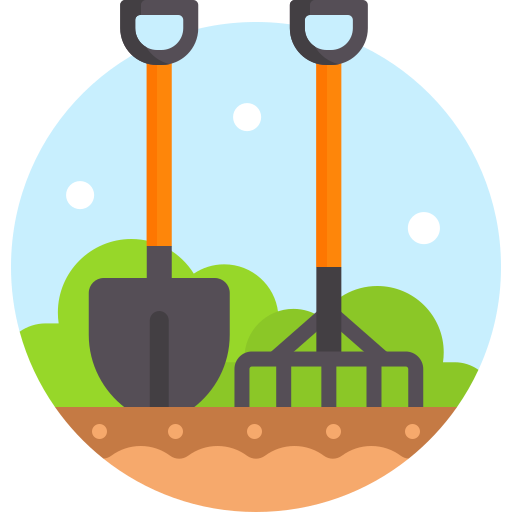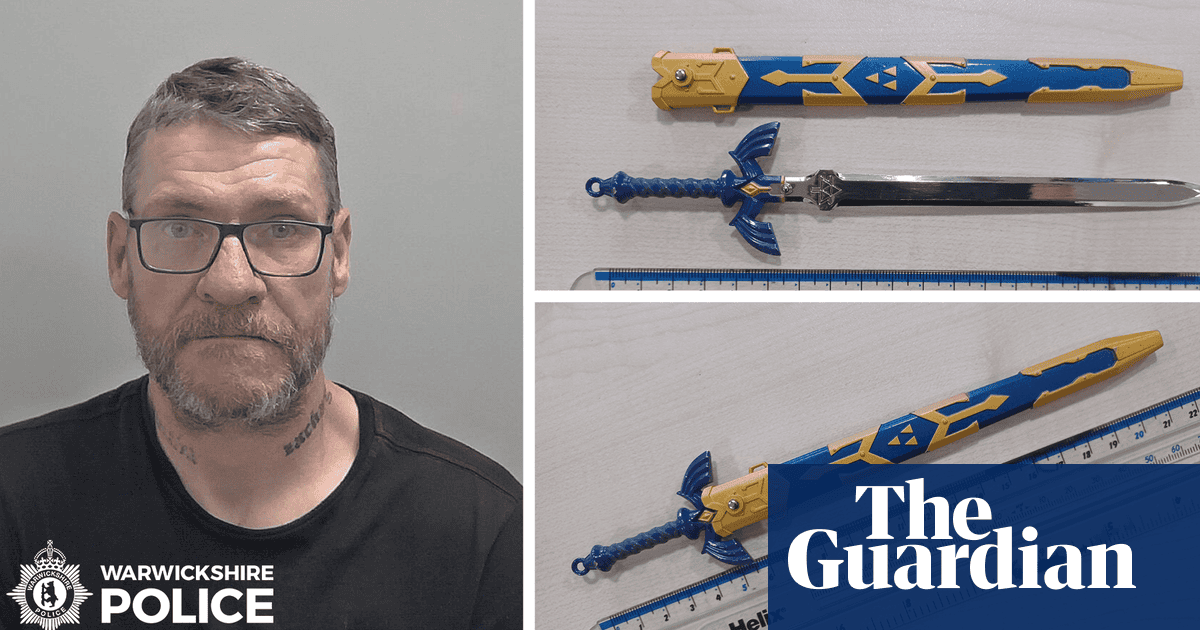- 4 Posts
- 273 Comments

 2·5 days ago
2·5 days agoYes, the example of films is a really good one that most people can clearly see. Among other reasons, I personally refuse to watch most franchises, sequels, reboots and crossovers because I find them extremely patronising.
While I’m disappointed that capital has crushed the opportunity to make a living from the arts for the vast majority of us I also think that this process is increasingly alienating creative people and pushing them to give up making work that ingratiates itself with a superficial, mundane and homogenous culture. For example more and more of the musicians I know are deciding not to release their music on Spotify, YT music et al because they see no point in it and feel insulted by it. Their creative paradigm is no longer shaped by satisfying these algorithms (values) and so they now have more creative latitude. I think this is necessary for art that has human value.
There are some experimental private funding models gradually emerging to support this but in the meantime I think it’s better for all of us if artists are willing to be poor than willing to sell out.

 2·5 days ago
2·5 days agoYeah, have a look at this. It’s fascinating and excellent journalism :)

 3·6 days ago
3·6 days agoI second this - dedicated devices are the way. I have a Kobo for books, modern Walkman for high quality music and laptop for video.
Let me know if you want any tips setting yourself up.
I am off-grid BTW.
They look healthy and plentiful - I wish they were mine! Enjoy :)

 1·6 days ago
1·6 days agoI think I still have some grief from all of them. I don’t see it as a bad thing though, just a measure of how much love I’ve had in my life. On a practical level, I think it can help you to see what you’ve got with the person you’re with when you can remember what it is to lose it.
I think I see grief as an aspect of love tbh. It’s painful but sweet and beautiful all the same.

 5·6 days ago
5·6 days agoMost artists and people who take an interest in the arts agree that this homogenisation was happening before AI and would be still be happening without it. No doubt this new technology is adding automation to the process of producing homogenous art but in my opinion the root cause of it is a deeper cultural problem. It seems to me that human existence has been completely penetrated by the values of business and commodification, which having been established are now in a phase of refinement and consolidation.
My felt experience is that there’s an ineffable pressure to conform that is constantly increasing, in both the content of the art and it’s context/how it’s presented.
I think that what we’re likely to see are parallel worlds of art. The first and biggest being the homogenous, public and commercial one which we’re seeing now but with more of it produced by machines, and the other a more intimate, private and personal one that we discover by tuning back into our real lives and recognising art that has been made by others who are doing the same. I’m quite excited about that actually. It’s an opportunity for a revolution while the rest of the world is looking away.

 101·7 days ago
101·7 days agoDon’t forget that the president of the United States is caught up in all of this too.

 2·11 days ago
2·11 days agoYou’re right and that’s another reason why economic equality is important.

 1·20 days ago
1·20 days agoHow do you use it in mixing?

 0·1 month ago
0·1 month agoIs there an easy way to download Wikipedia for offline use and periodically update it? I realise it will be a lot of data.

 2·1 month ago
2·1 month agoWould you be able to subscribe to those things via your account if they hadn’t made it across to your instance though? I’m no expert but perhaps this is side-effect of controls for moderating federation i.e blocking or allowing content from other instances.
I do agree that it should be easier to browse any instance though. Some Pixelfed instances browser home pages seem to allow it and some don’t - I’m guessing it’s an admin option somewhere.
Yeah I know what you mean. Map downloads especially can take up a lot of space/take a lot of mobile data to download. I tried to copy them across manually once but it didn’t work.
Organic Maps is definitely easier to use, especially for new users but OsmAnd is more powerful. I have both and they’re awesome.

 10·1 month ago
10·1 month agoI use Pixelfed by subscribing to hashtags that I’m interested in and artists/photographers who I come across via hashtags or my instance feed.
I’m guessing that this is how Pixelfed is designed to be used as users and hashtags are what makes up your home feed.
I’ve never felt the need to browse by instance but I can see that this could be a cool feature to add if there are any which are dedicated to a particular subject or style. Of course the same functionality can be accomplished simply by users adding unique and specific hashtags to their posts e.g #celticsculptures or #seeninplymouth.
It’s all just entertainment

 70·1 month ago
70·1 month agoFunny that the US has become more like Russia since Trump was elected.






I don’t like recommendation algorithms. They’re like processed food for the mind.